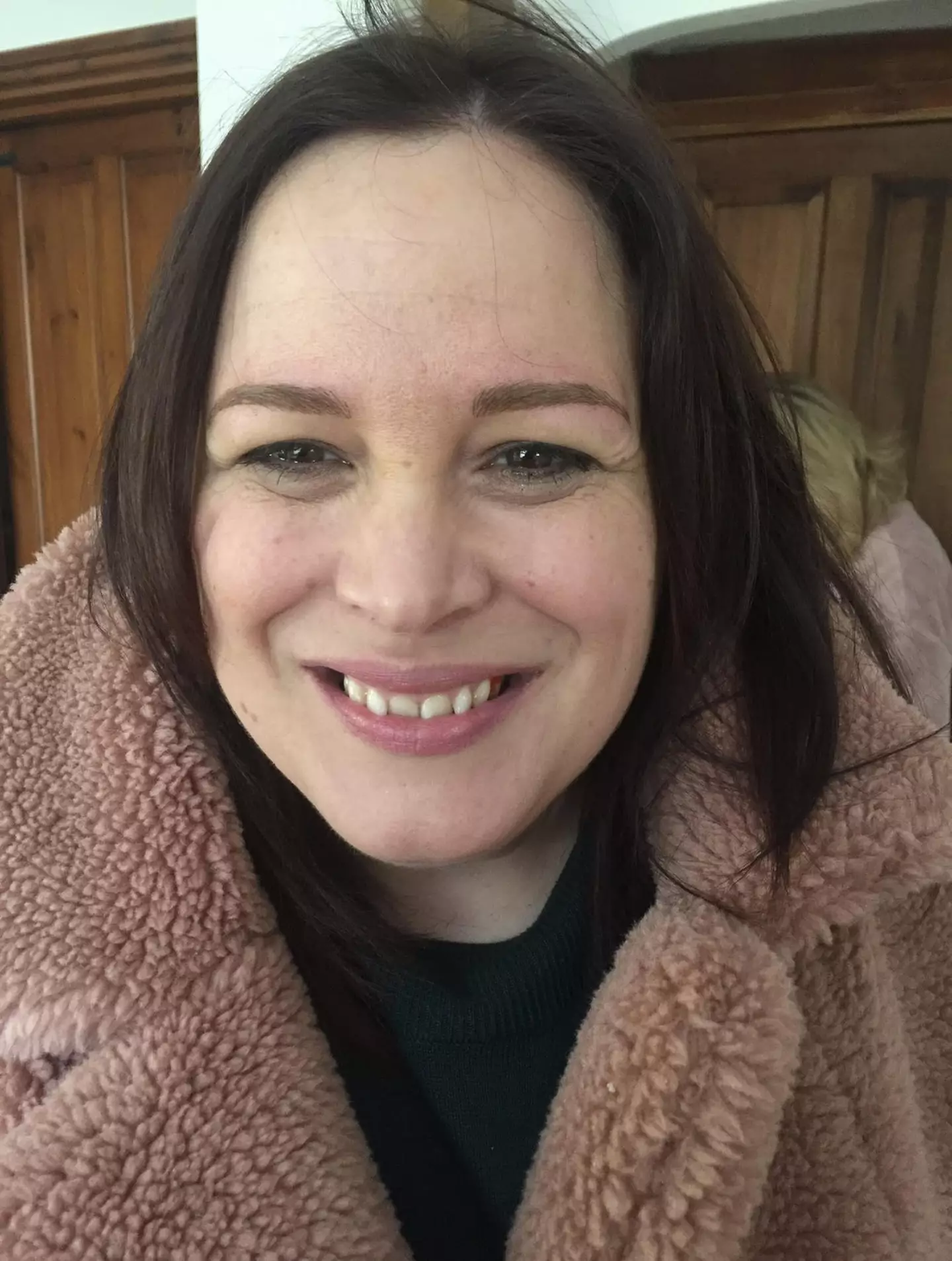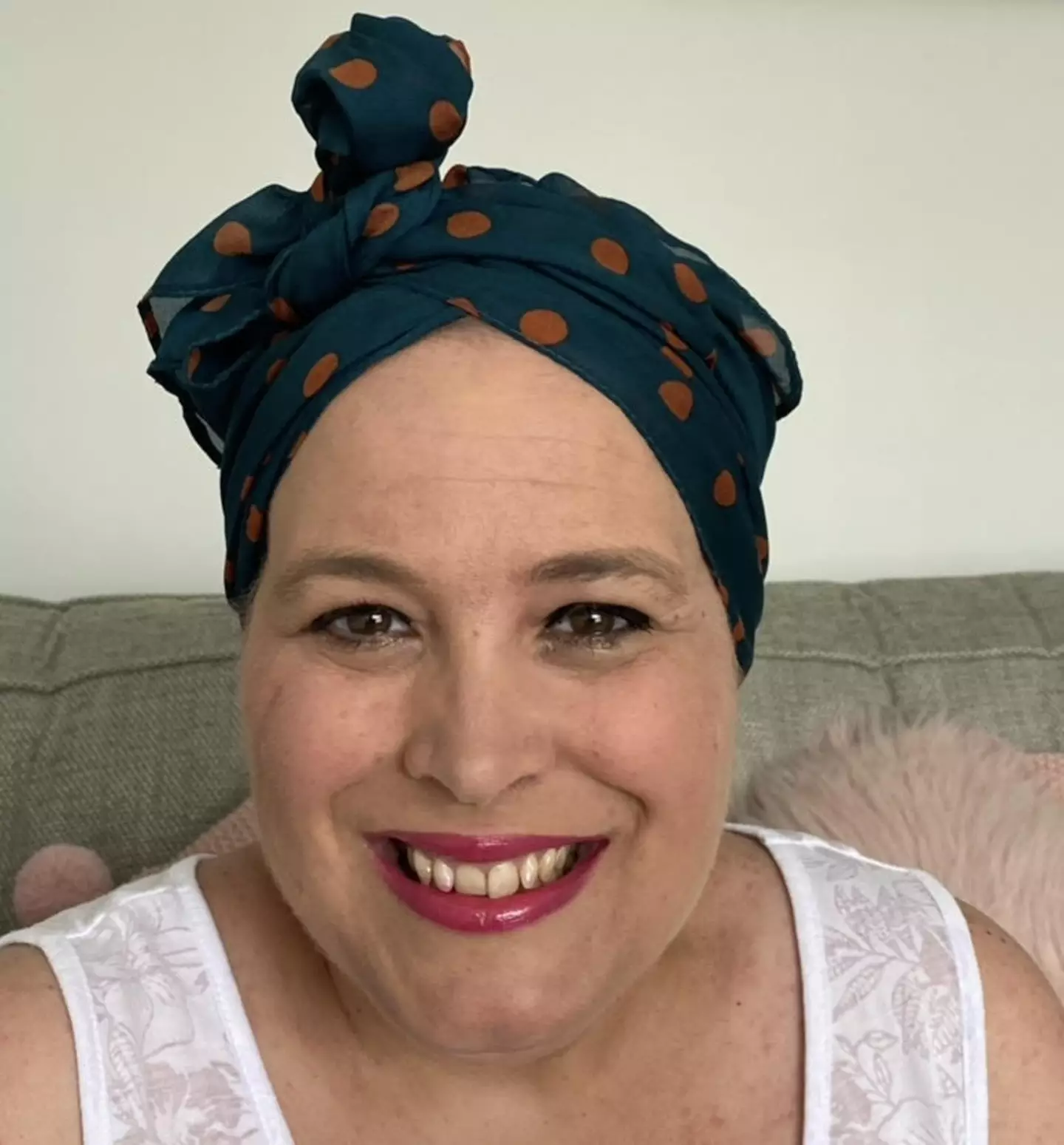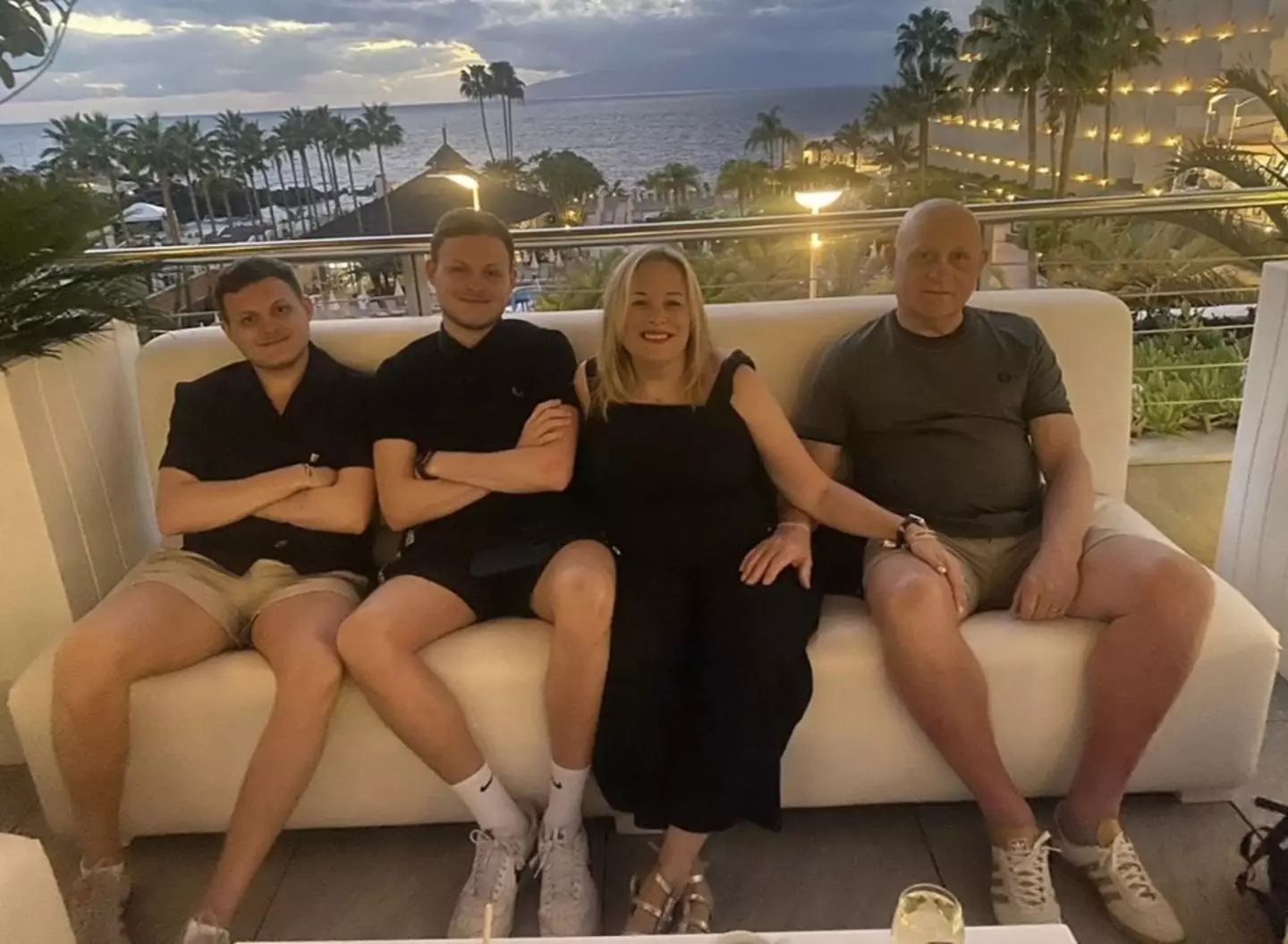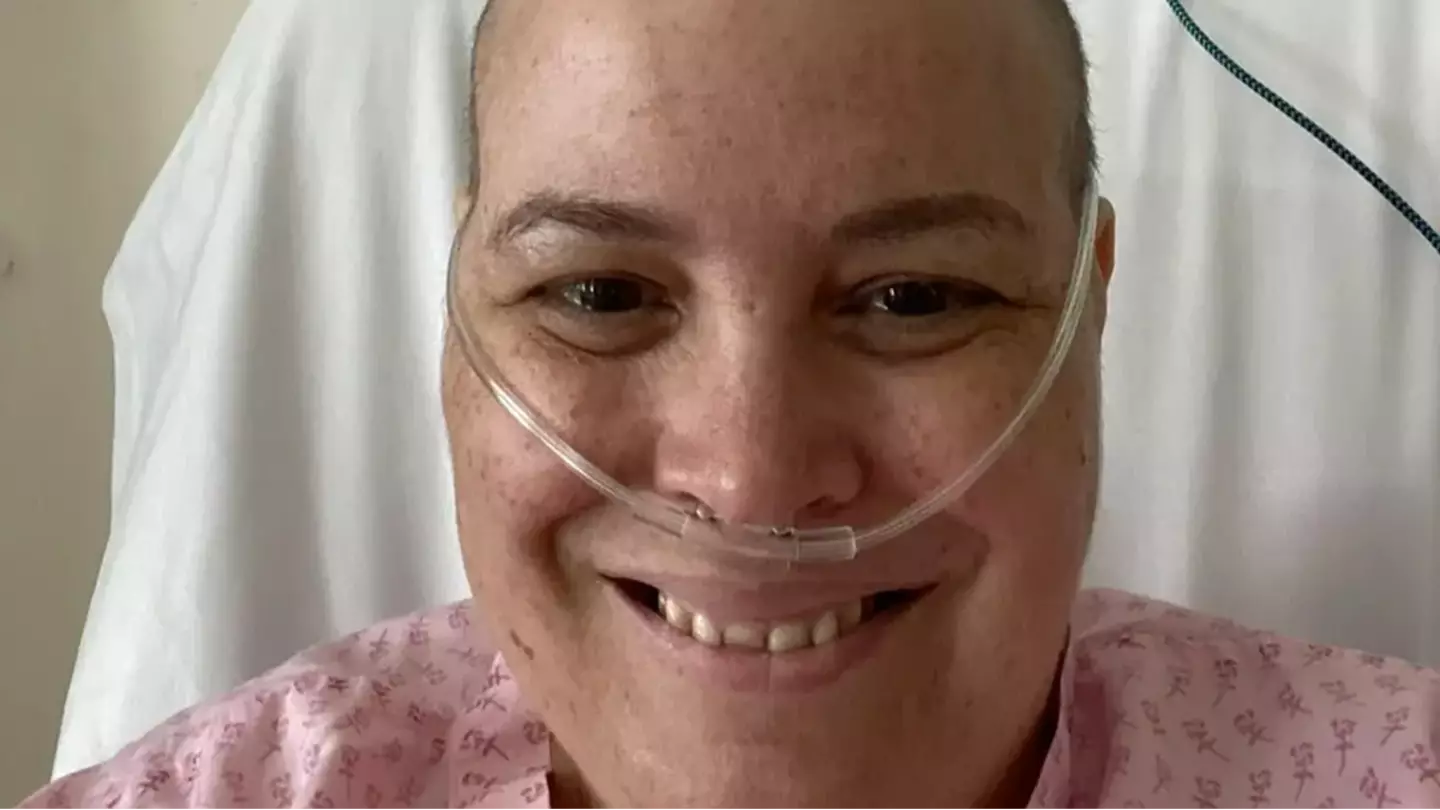A woman received a diagnosis of an incurable cancer after initially feeling too embarrassed to discuss her symptoms with a professional.
Jenny Duncan first began noticing her symptoms during a vacation in Lanzarote in 2019 but quickly dismissed them.
Being a healthy 45-year-old, she did not consider the symptoms as indicators of a serious condition and thought they might be related to hemorrhoids.
However, she discovered the full extent of her illness in 2020 and was eventually informed that her condition was incurable.
Jenny, who is from Hull in the UK, was preparing to start a new role as an assistant head teacher. When she experienced stomach pain and noticed blood on her toilet paper, she attributed it to stress and minor issues.
She was busy, and the timing seemed inconvenient, leading her to disregard the symptoms.

When her husband learned about her symptoms, he urged her to seek medical attention.
This is when she was diagnosed with stage 3 bowel cancer.
“I was only 45, and I thought bowel cancer was something that only happened to older men,” she reflected on that period.
Experiencing excessive bloating and gas after meals, she assumed it was the stress from her workload manifesting physically.
“I was very tired, but I thought that was just due to the pressures of work,” Jenny explained. “I used to come home late and get straight back to work.”
Admitting she rarely visited the doctor, she chose to ignore the symptoms.
She confessed feeling ‘probably a bit embarrassed too’ as the topic revolved around ‘poo and bums’ and hoped the symptoms would disappear.
Unfortunately, they worsened over time.
As a mother of three, she began documenting the blood she saw in the toilet, which her husband accidentally discovered while they were in bed together in October.

“He said: ‘What on Earth? We need to get you some help’. And because he is normally so calm and measured, I knew I had to do something,” she shared.
By this point, Jenny was visiting the toilet five times a day, with blood present each time.
After making a doctor’s appointment, she was initially reassured that she was likely too young for bowel cancer, but upon showing the images, she was referred to a specialist.
In that same month, Jenny received the diagnosis of stage 3 bowel cancer.
She later expressed regret for not consulting a doctor sooner and being deterred by the embarrassing symptoms.
She stated, “I do regret not going to the doctor straight away. I could kick myself for letting it go on so long. But I didn’t know that bowel cancer could affect someone in their forties.
“If I’d have known my poo and looked back and not been embarrassed and paid more attention to my body, would I then have got help sooner and would I be in this position now? I don’t know.”
Jenny commenced chemotherapy as Covid-19 emerged in the UK, leaving her isolated and suffering from side effects like rashes and hair loss during treatment.
In March, she underwent successful surgery to remove the tumor but felt a ‘black, dark feeling’ as Covid forced her into isolation.
While the surgery was successful, in January 2022, Jenny was informed the cancer had metastasized to her lymph nodes, rendering it incurable.

“I absolutely lost it. I was crying and I kept telling Stuart ‘I’m going to die, I’m going to die’. I withdrew for a few days, didn’t want to see anybody,” she recounted.
After taking time for herself, she chose to embrace life, returning to work and cherishing moments with her adult sons, Joseph, 26, and twins Matthew and James, 24.
Jenny now deals with incurable stage four bowel cancer and, as she poorly tolerates chemotherapy, she undergoes scans every three to six months.
Her treatment will resume when her life quality declines further.
“It’s been three years since my operation, and I’ve been very lucky. I socialise, I work. I do get tired, but I certainly have a life. I am just grateful for every day, as tomorrow isn’t promised to any of us,” Jenny shared.
The Mayo Clinic outlines bowel cancer symptoms as including changes in bowel habits, rectal bleeding or blood in the stool, persistent abdominal discomfort such as cramps, gas, or pain, feeling that the bowel doesn’t empty completely during a bowel movement, fatigue, and unexplained weight loss.

